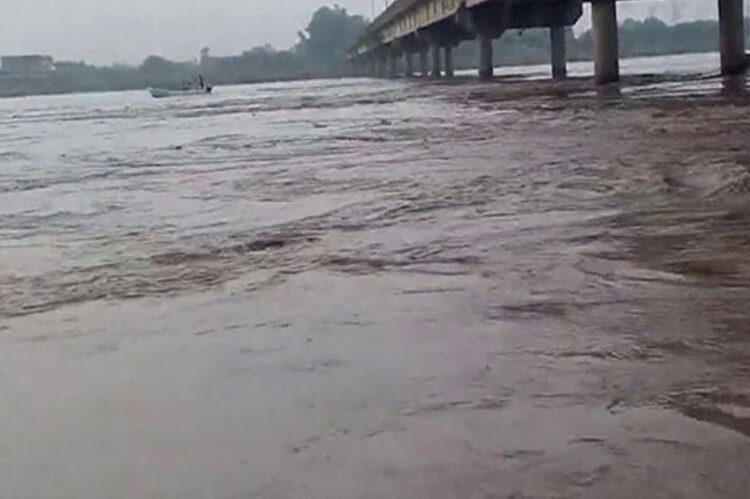In a sudden escalation of tensions along the border, India released a significant volume of water from the Jhelum River without providing prior notice to Pakistani authorities.
The release occurred near the Hattian Bala region of Muzaffarabad, prompting the local administration to declare a water emergency amid rapidly rising water levels and potential threats to nearby settlements.
The Jhelum River, originating from the Anantnag district of Indian-administered Kashmir and flowing into Pakistan through Uri before reaching Chakothi, experienced an abrupt surge.
The sudden rise caused panic among local residents living along the riverbanks, with emergency warnings issued through mosque loudspeakers across the area.
This provocative move follows a fatal attack on tourists in the Pahalgam area of occupied Kashmir and is part of a broader series of aggressive steps, including India’s controversial suspension of the historic Indus Waters Treaty with Pakistan.
The Indus Waters Treaty, brokered in 1960 with World Bank support, has long been considered a model for managing water disputes between hostile states, enduring despite three wars and ongoing tensions.
India’s unilateral suspension of the treaty has triggered widespread concern, with experts warning of severe environmental, humanitarian, and diplomatic repercussions.
In response, Pakistan’s National Security Committee convened an emergency session, outlining a series of lawful countermeasures under international law to safeguard national interests while avoiding uncontrolled escalation.






































